Mr. Big is a canadien film of genre Documentary
Mr. Big (2007)
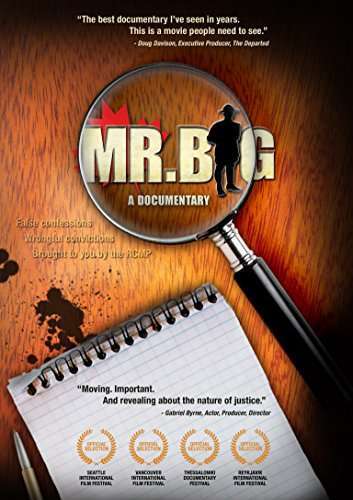
If you like this film, let us know!
- Infos
- Casting
- Technical infos
- Photos
- Videos
- Film quotes
- Characters
- Music
- Awards
Mr. Big is a 2007 documentary directed and produced by Tiffany Burns and edited by Alec MacNeill Richardson. The documentary examines the "Mr. Big" undercover methods used by the Royal Canadian Mounted Police (RCMP). In these operations, RCMP officers pose as gang criminals and develop a relationship with the target in the hope of eventually determining what, if any, knowledge the target has of the crime being investigated. "Mr. Big" operations have been credited with securing difficult convictions in a large number of cases, but concerns have been raised that they involve a risk of false confessions and wrongful convictions.
Tiffany Burns is the sister of Sebastian Burns who, along with Atif Rafay, was convicted of murdering Rafay's family in Bellevue, Washington in 1994. The major evidence presented at the high profile 2003 trial of Burns and Rafay was a confession that occurred in the context of a "Mr. Big" operation. The Burns / Rafay case is one of those featured in Mr. Big.
Mr. Big includes interviews with targets of "Mr. Big" operations and their families – including the Burns family, interviews with various professionals who have an interest in the "Mr. Big" tactics, and RCMP footage of "Mr. Big" operations.
Comments
Leave comment :
Suggestions of similar film to Mr. Big
There are 8959 with the same cinematographic genres, 978 films with the same themes (including 73 films with the same 2 themes than Mr. Big), to have finally 70 suggestions of similar films.If you liked Mr. Big, you will probably like those similar films :
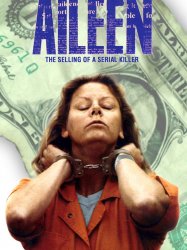 , 1h27
, 1h27Directed by Nick Broomfield
Origin United-kingdom
Genres Documentary
Themes Prison films, Documentary films about law, Documentaire sur une personnalité, Serial killer films, Films about capital punishment, Documentary films about law enforcement
Actors Nick Broomfield, Mike Reynolds
Rating68%





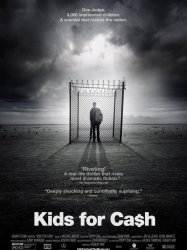
Kids for Cash (2014)
, 1h42Origin USA
Genres Drama, Thriller, Documentary, Crime
Themes Prison films, Documentary films about law, Documentary films about law enforcement
Rating70%






Peace Officer (2015)
, 1h49Origin USA
Genres Documentary
Themes Documentary films about law, Documentary films about law enforcement
Rating74%





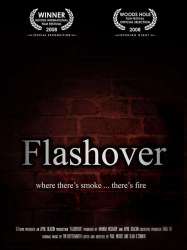
Flashover (2008)
, 30minutesGenres Documentary
Themes Prison films, Documentary films about law, Documentary films about law enforcement
Rating76%





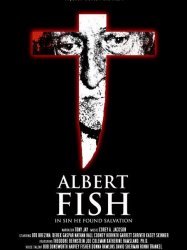 , 1h26
, 1h26Directed by John Borowski
Origin USA
Genres Documentary, Horror, Historical, Crime
Themes Prison films, Documentary films about law, Serial killer films, Films about capital punishment, Documentary films about law enforcement
Actors Tony Jay
Rating55%





(DVD description) Albert Fish tells the horrific true story of a sadomasochistic cannibal, child molester, and serial killer, who lured children to their deaths in Depression-era New York City. Elderly but still deadly, Fish was inspired by biblical tales as he took the stories of pain, punishment, atonement, and suffering literally as he preyed on victims to torture and sacrifice.
 , 1h4
, 1h4Origin USA
Genres Documentary
Themes Documentary films about law, Documentary films about cities, Documentary films about law enforcement
Actors André 3000, Donovan Leitch, Marc Levin, Al Sharpton
Rating63%






Juvenile Liaison (1976)
Directed by Nick Broomfield
Origin United-kingdom
Genres Documentary
Themes Films about children, Documentary films about law, Documentary films about law enforcement
Rating75%






The Revolving Door (1969)
Origin USA
Genres Documentary
Themes Prison films, Documentary films about law, Documentary films about law enforcement
Actors Paul Richards
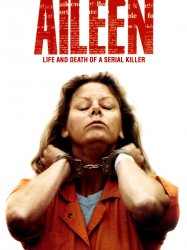 , 1h29
, 1h29Directed by Nick Broomfield
Genres Drama, Documentary, Crime
Themes Prison films, Documentary films about law, Documentaire sur une personnalité, Serial killer films, Films about capital punishment, Documentary films about law enforcement
Actors Nick Broomfield
Rating70%





The film focuses on an evidentiary hearing held in Marion County, Florida in February of 2001 which was the site of some but not all of Wuornos' murders for which she was convicted and sentenced to death. It shows the work of the Office of Capital Collateral Regional counsel, led by attorney Joseph T. Hobson who is both interviewed and featured in the film and who seeks to vacate Wuornos' death sentences. It shows Judge Victor Musleh presiding over these proceedings and assistant state attorney, now judge, James McCune who defended the death sentences for the State of Florida. Hobson is shown vigorously cross-examining Wuornos' trial counsel, Steven Glazer, aka "Dr. Legal". Glazer was the unflattering subject of a prior Broomfield documentary on Aileen Wuornos, somewhat the "prequel" to this work, called Aileen Wuornos: The Selling of a Serial Killer. It was Hobson's line of attack that the efficacy of his client's (Wuornos') trial strategy was compromised by Glazer's pecuniary and self-promotional aims.
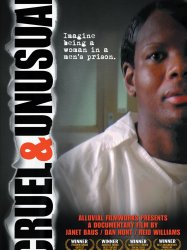
Cruel and Unusual (2006)
, 1h6Directed by Janet Baus
Origin USA
Genres Documentary
Themes Prison films, Films about sexuality, LGBT-related films, Transgender in film, Documentary films about law, Documentaire sur l'homosexualité, Documentaire sur une personnalité, Documentary films about law enforcement, LGBT-related films, LGBT-related film
Rating63%





According to the film, prisoners in the United States are incarcerated in men's or women's prisons depending on their biological sex (or, more specifically, whether they have male or female genitals), and not their gender identity. As a result, pre-operative trans women are incarcerated in men's prisons, and trans men in women's prisons.
 Connection
Connection